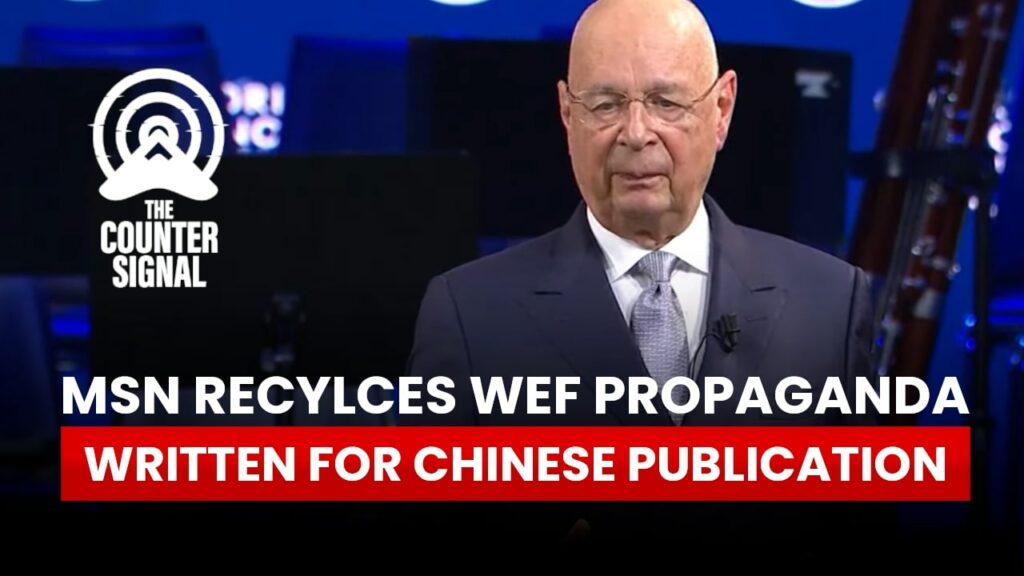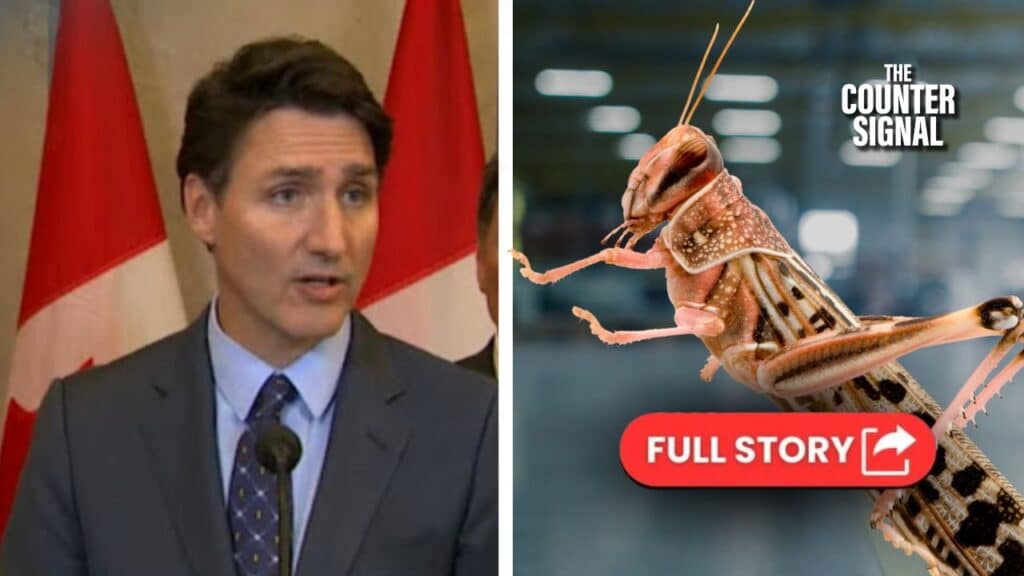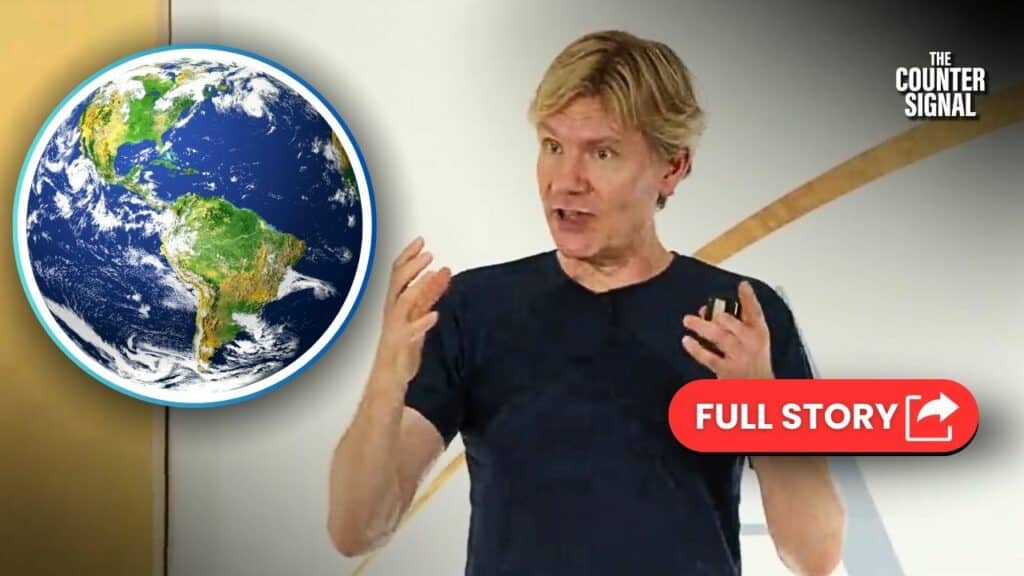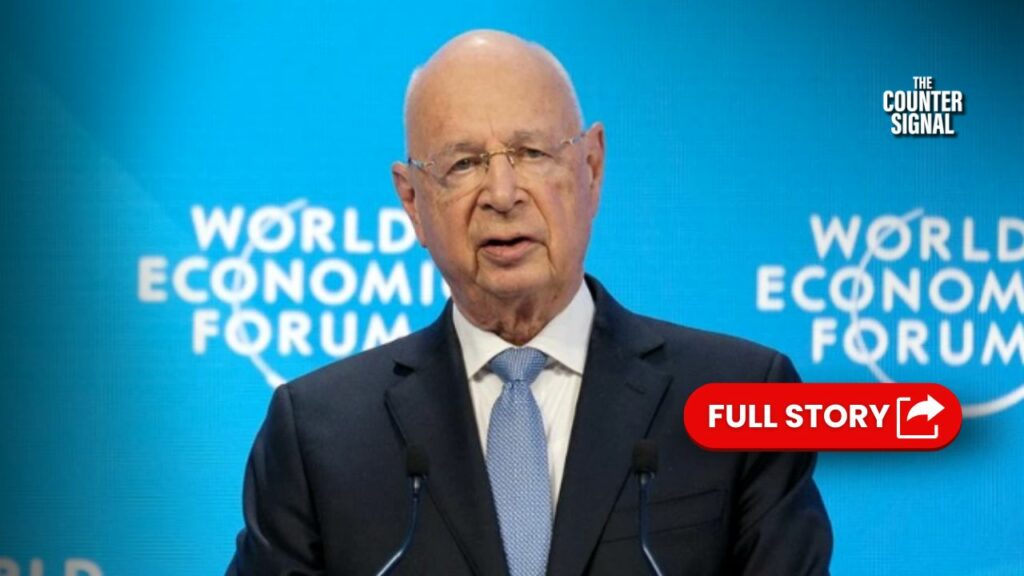The Microsoft Network (MSN) recently parroted a climate-centric “circular economy” pushed by China, initially propagated by a public relations company with big connections.

The economic theory is a position firmly held by, you guessed it, the World Economic Forum (WEF).
Brian P. Klein, Founder of international communications firm Ridgepoint Global, authored a piece for the South China Morning Post directly parroted by MSN regarding the need to tighten the economy in the name of climate change.
“We can use the power of economic incentives to dramatically alter the type of growth going forward and still head off climate change,” Klein stated, clearly referring to Joe Biden’s recent ‘green energy’ heavy “Inflation Reduction Act”.
Klein, a former US State Department employee as well as CNN contributor, also points out how a small percentage of people would prefer a “less-is-more” approach, stating that there is a “tiny house movement” that promotes a “tidy and simple life”, which he feels might be an excellent solution to make the world a better place.
These theories are ripe with words and phrases that are interchangeable with “you’ll own nothing, and you’ll be happy” but appear somehow less radical — not a surprising choice in wordplay given the poor image such a statement has garnered.
Of course, a “slower growth model” and a “circular economy” will inevitably lead to job loss en masse for the middle and lower classes, but the core argument remains that societies and economies must be forced into a green-energy model that both reduces output and reduces consumption and ownership by the individual.
To justify this, the author points to the aforementioned “Inflation Reduction Act” — not as anything related to inflation but rather as a “sweeping bill” that appeals to “slow growth”.
The new terms such as “degrowth”, which the same Chinese outlet calls “a lifestyle that makes you happier and healthier“, are taken directly from the mouth of international interests.
Specifically, the circular economy is a term that comes from the World Economic Forum. Obviously, the WEF connects this to a net-zero emissions theory, seeking to “accelerate the circular economy transition”.












